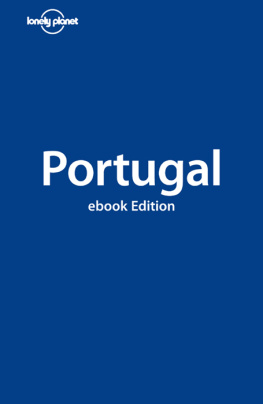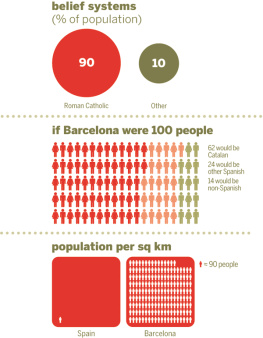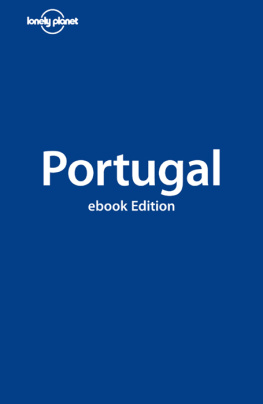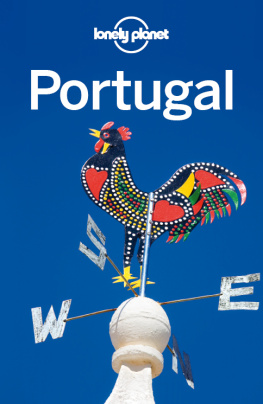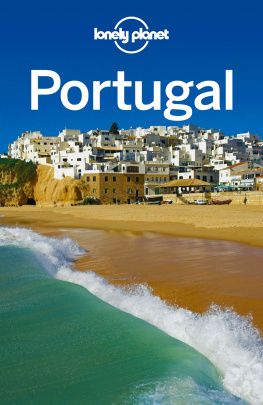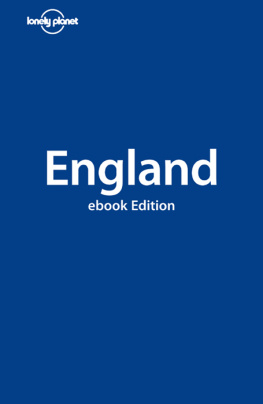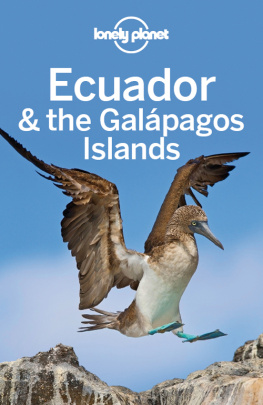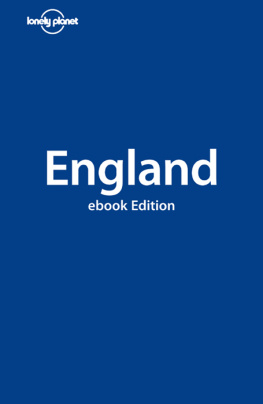Destination Portugal
In a tiny windswept hamlet in northern Portugal, goats still trundle through the dusty streets while elderly widows in black keep watch over the village square against the backdrop of a medieval castle. The hillsides nearby bear the terraced vineyards that were probably planted by the Phoenicians, centuries before the Romans arrived. The latest buzz here revolves around the upcoming Festa de So Joo, where villagers will decorate statues of Catholic saints with flowers and process alongside the bishop through the streets, followed by much feasting and celebrating at the country fairgrounds.
Meanwhile, a few hundred kilometres away, a group of young friends have gathered at an art opening in the city. Mingling and cocktails are the order of the evening, then a dance party in the bar below the gallery. But after a flurry of text messages, the group heads to the seaside suburbs for a late-night meal in a chrome-and-glass lounge perched above the crashing waves. Later, around 1am, when things begin to pick up, theyll head for the new club that just opened, where a DJ from LA is spinning.
The once-great seafaring empire of Portugal is today a country straddling two very different worlds. In simplest terms, its the struggle between old and new, long-standing tradition versus widespread modernisation a conflict that plays out daily in many different ways and in many different settings. And no matter ones age, ideology or socio-economic status, every person in Portugal has a stake in the outcome.
Traditional villages across the country are at the forefront of this clash, as younger generations seeking educational and job opportunities, or simply a more modern way of life abandon the small settlements where they grew up and strike out for the city. Yet even the cities face similar demographic shifts. The young and upwardly mobile still largely favour the suburbs, leaving worn and ageing city centres to the elderly and to tourists. At the same time, other places are undergoing a cultural renaissance, with shops, galleries, restaurants and bars bringing new vitality (and the complicated baggage of gentrification) into some neighbourhoods.
Portugals economy has confronted similar challenges. Facing ultimatums from the EU to rein in its debt, Portugal had to decide between modernising its economy and keeping the social welfare state intact. In the end it chose modernising, which meant pension reform, higher taxes and other stringent measures that made a few enemies for Prime Minister Jos Socrates. Although Portugal succeeded in reaching some of its EU-mandated goals ahead of schedule, its still lumbering under a long spell of stagnant economic growth coupled with rising unemployment.
On other fronts, Portugal is marching head-on into the future. Over the last half decade, Portugal has invested heavily in renewable energy. It has some of the largest solar- and wind-powered plants on the planet and has even opened an experimental wave power plant, which will harness the oceans power to create energy. More controversial are Portugals hydroelectric dams, which provide abundant energy but drown much land in their creation leading back once again to that struggle between old and new.
For the traveller, Portugals friction between tradition and modernity presents some rewarding opportunities, from visiting old-fashioned wine estates to gallery-hopping in Porto, staying in a medieval stone village to people-watching at a trendy beach resort. Sometimes Portugal is a country happily in conflict with itself, and, while the scales are even, theres no better time to visit.
FAST FACTS
Population: 10.7 million
GDP: 231 billion (worlds 46th-largest economy)
GDP per capita: 14,800
GDP growth: 1.9%
Inflation: 2.4%
Unemployment rate: 7.7%
Average life expectancy: 78 years
Annual fish consumption per capita: 76kg
Annual wine consumption per capita: 49L
Getting Started
Although Portugal is small, there are hundreds of ways to partake of the Iberian experience. You can plan a trip around a traditional festival, plot a route through vineyards along the Douro or slip back in time at Celtic monuments in the Alentejo. Vying for attention are beaches, mountainous national parks, hilltop castles and captivating city neighbourhoods. Whatever your itinerary, you can do it cheaper here than just about anywhere else in Western Europe. Portugal has lodging and dining to accommodate every budget.
When planning a trip, keep in mind that from June to September prices rise as the holiday crowds arrive, and youll need to book accommodation well in advance. Portugal has efficient buses and a decent train system connecting major towns, but if youre heading to out-of-the-way places, renting a car will save you a lot of time.
Other things to keep in mind: most museums close on Monday, and Sundays are awfully quiet (many shops and restaurants close).
See () for more information.
WHEN TO GO
Portugals high season runs from mid-June to mid-September, when temperatures across the country average around 27C. In July and August it gets hot, particularly in the Algarve, the Alentejo and the upper Douro valley, where the mercury can climb to over 45C.
If youd rather skip the crowds (and the heat), consider a trip in spring, when the countryside is at its most verdant, or in autumn, when its still warm but the summer crowds have dispersed. During winter (November to March) the rains arrive, falling most heavily in the north and most lightly in the south (the Algarve gets almost year-round sunshine), with a handful of places closing down. Travelling then, however, will net you substantial savings at many hotels, and youll see the countrys most traditional side.
Its worth arriving in time for a Portuguese festival, particularly Carnaval in February or March, and Holy Week (the week before Easter) in March or April.
COSTS & MONEY
Portugal remains excellent value for money, whether youre travelling on the cheap or trying to spend your inheritance. If youre on a shoestring budget, you could get by on around 30 per day, as long as you camp (around 4 per person, plus a charge for your tent and car) or stay in youth hostels (9 to 16 for a dorm bed), buy your own food and do free stuff such as lying on the beach. Travelling in the low season will help, too.
HOW MUCH?
Lisbon to Porto train ticket 20-40
Bottle of vinho verde (young wine) 8-16
uma bica (short black coffee) 0.60
Dinner for two in Lisbons Alfama district 25-35
Full-day boat ride along the Douro river 55-82
See also the Lonely Planet Index, inside front cover.
Many museums are free at certain times (often Sunday mornings). Purchasing family tickets to attractions usually saves a few euros, and student or senior cards often get you discounts. In restaurants you can sometimes share a main course or order a meia dose (half-portion). Drink promotions are prevalent in the Algarve, particularly during happy hour, making for a cheap night out. See for more on food and drink.
Midrange travellers can expect to pay around 50 to 70 per person per day, while a cushier holiday with more-stylish digs and fancier meals and cocktails starts at around 100 per person per day.
TRAVELLING RESPONSIBLY
Every year around six million sun-seeking visitors cram into the overdeveloped beaches of the Algarve, permanently transforming the coastline and once-remote habitats. You cant halt the inexorable rise of hotel, villa and apartment-block complexes, but if you want to minimise your impact on the souths delicate landscapes, do beware of supposedly ecofriendly tours such as jeep safaris that damage and disrupt natural habitats.

